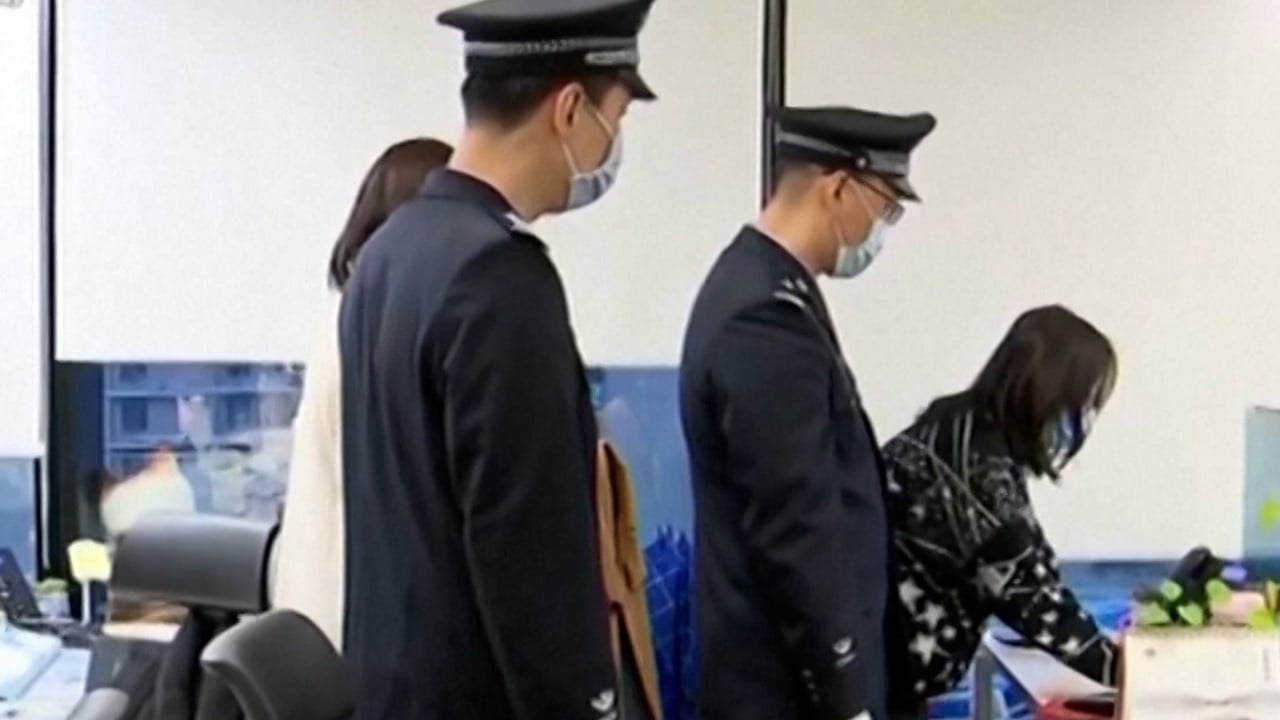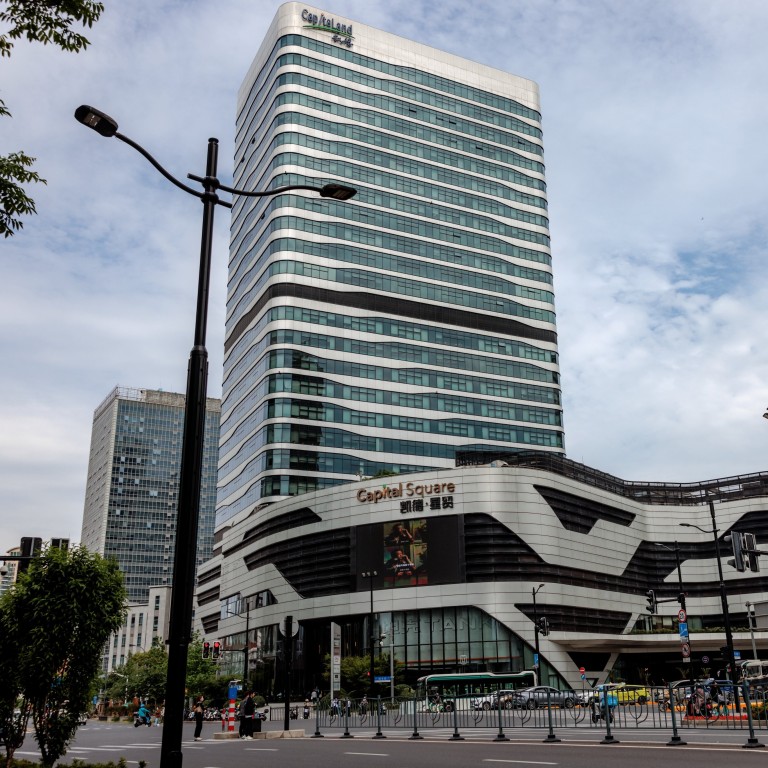
Global Impact: China’s national security raids appear to undercut Beijing’s efforts to woo foreign investors
- Global Impact is a weekly curated newsletter featuring a news topic originating in China with a significant macro impact for our newsreaders around the world
- In this edition, we look at the recent raids on a host of consultancy firms in the name of national security and ask what it means for China’s economic outlook
It used to be a highly rewarding sector for consultancy firms in China – serving foreign investors who were looking to tap the market potential of the world’s second-largest economy. But now, it has become hazardous.
Earlier, corporate due diligence firm Mintz Group closed its China office in Beijing after five Chinese staff were detained by the police over “suspected illegal business operations”.
The raids triggered foreign investors’ outcry about the absence of predictable, transparent and stable policies in China.
State media defended the raids as “pressing and necessary” to close a loophole in national security and promote the healthy development of industries at the time when tools for espionage are more sophisticated with the help of technology and new business.
The intensified national security checks came against a backdrop of a more confrontational rivalry with the United States, which has also tightened its national security surveillance and put a number of Chinese companies on its blacklist.
Due diligence is a necessary step for foreign firms to enter into a new business, especially in China’s already restrictive information environment. The three years of China’s zero-Covid policy and border closures also led to a huge information gap.
To catch foreign investors, China casts mega projects with great potential
Beijing may have justified reasons to tighten its national security, but it also needs to ensure policy transparency and strike a balance to dispel concerns over investment in China as the lack of a clear definition might be counterproductive.
China revised its anti-espionage law in late April, forbidding the transfer of information deemed related to national security.
State media also said China will take a zero-tolerance approach regarding the illicit handover of information on sensitive industries. Foreign companies have to be more vigilant than before to avoid sensitive issues.
However, the ambiguity of the red line is set to harm Beijing’s efforts to cement its footing in the supply chain at a time when diversification away from China is gaining momentum.
It will also put foreign companies in a dilemma. China’s market potential is too large to ignore, while an increasingly unstable business environment, sometimes politically risky, will put companies at greater legal risks.
China’s weak economic data prompts pointed calls by Premier Li Qiang
And to sustain China’s first consumption-led recovery, Beijing needs to make greater efforts to inject critical elements back into the economy: confidence and certainty.
60-Second Catch-up
Deep dives
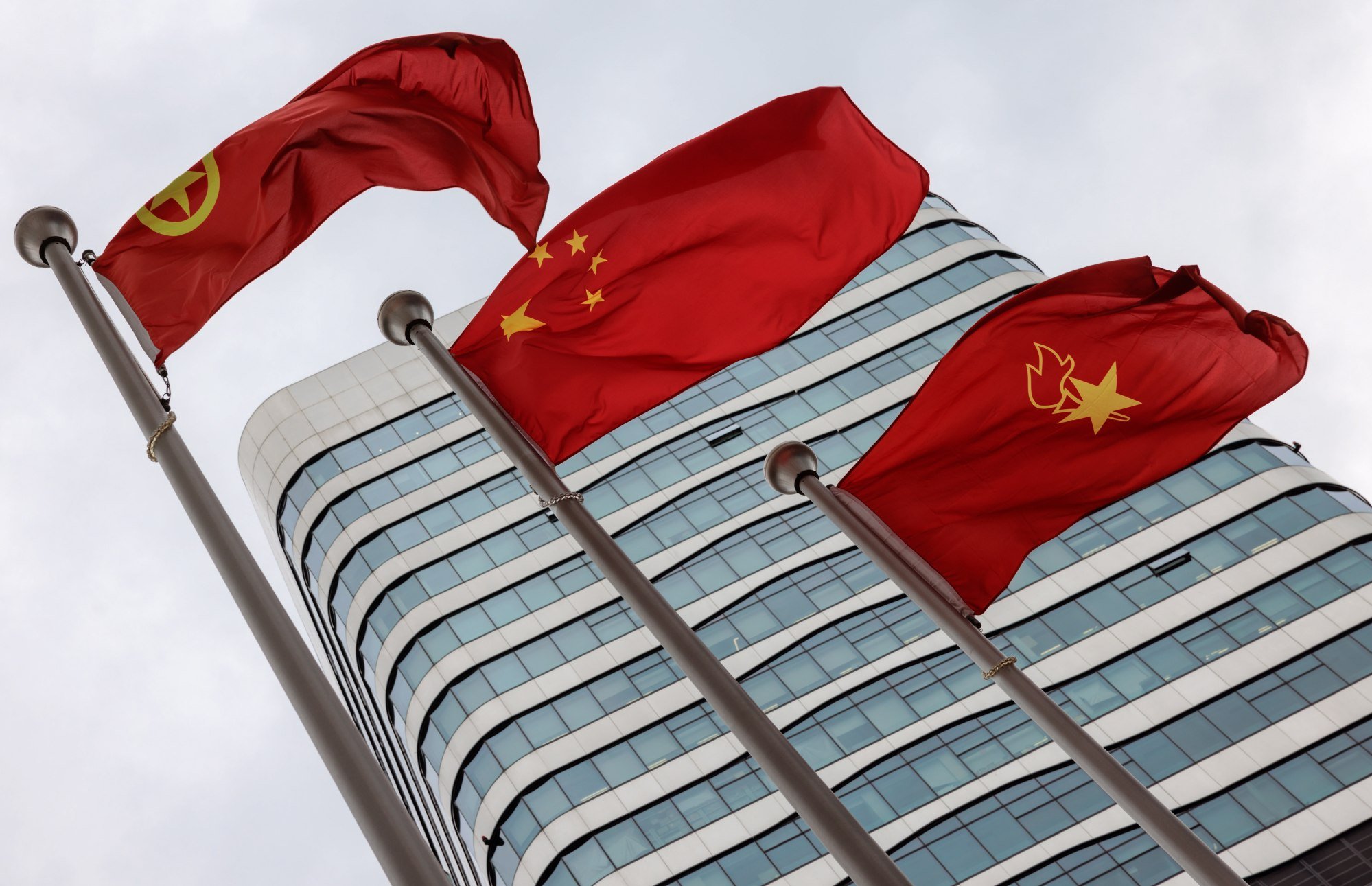
China’s consultancy crackdown is scaring away investors, experts warn
-
Investigations into global advisories such as Capvision Partners have ‘sent a warning signal’ to the whole industry, one consultancy CEO says
-
The disappearance of these consultancy services, along with rising US-China tension, will deter foreign investments, a venture capitalist says
China’s investigation into an international consulting company on national security grounds, reported by the country’s largest state broadcaster, has set off alarm bells across the business advisory industry, in a development that is set to frighten away potential investors, according to industry insiders.
Consultancies and due diligence advisories in China, both local and foreign ones, have long served as the eyes and ears of clients mulling investments in the country, and it has become an industry routine for these companies to share their knowledge, views and expertise as part of their services.
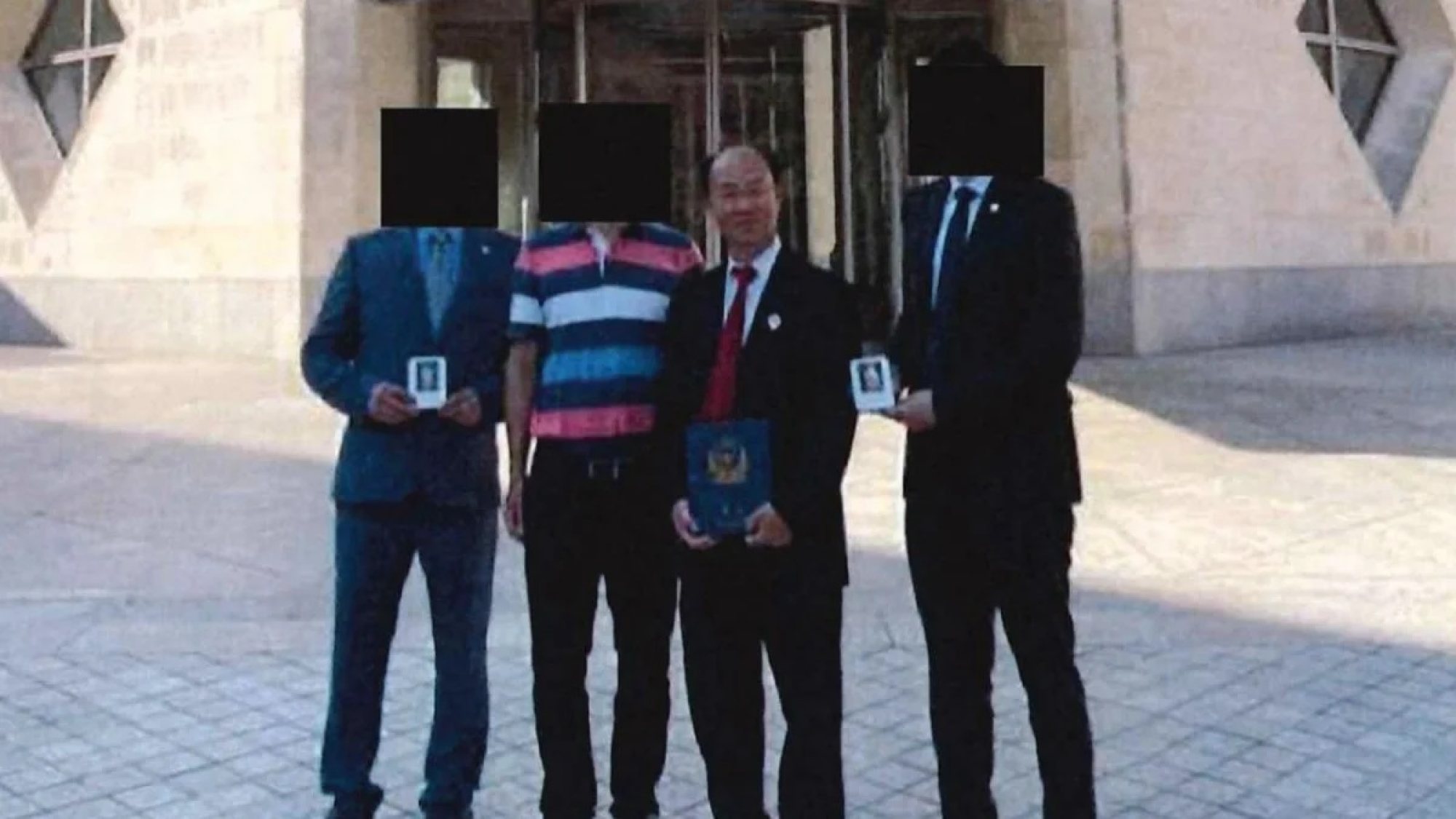
US arrests Chinese-American on charges of acting as an unregistered foreign agent for Beijing
-
Litang Liang, 63, of Massachusetts is accused of reporting to consulate officials on protests in the Boston area against China government actions since 2018
-
‘We will not tolerate the PRC’s efforts to interfere with public discourse and threaten civic participation in the United States,’ a federal prosecutor says
A Chinese-American man was arrested last week for allegedly serving as an agent of the Chinese government without notifying the US government, the Department of Justice announced on Monday.
Litang Liang, 63, of Brighton, Massachusetts, was accused of providing Chinese officials with information about Boston-area individuals and organisations; leading a counter-protest against anti-Beijing activists; and suggesting potential recruits to China’s Ministry of Public Security.
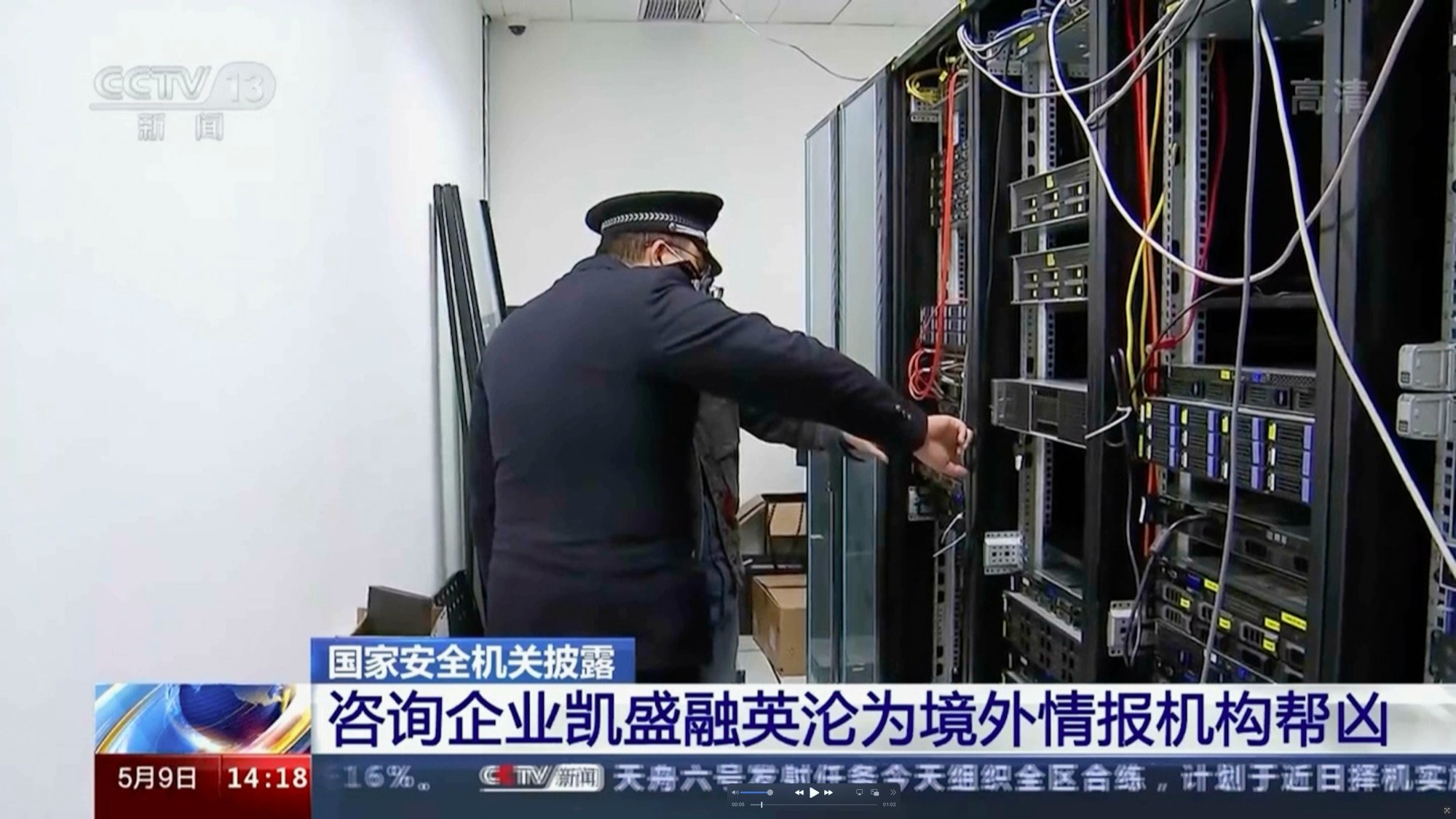
Chinese Communist Party newspaper warns foreign firms after Capvision raids
-
An editorial in People’s Daily says the country will take a ‘zero tolerance’ approach to efforts to hand over information on sensitive industries
-
Capvision has been accused of helping to leak information about military technology and its offices in four cities were raided earlier this month
In an editorial published after the raids, People’s Daily said an investigation had found the US and Shanghai-based company took on projects from “a large number of companies that are related to China’s sensitive industries”.
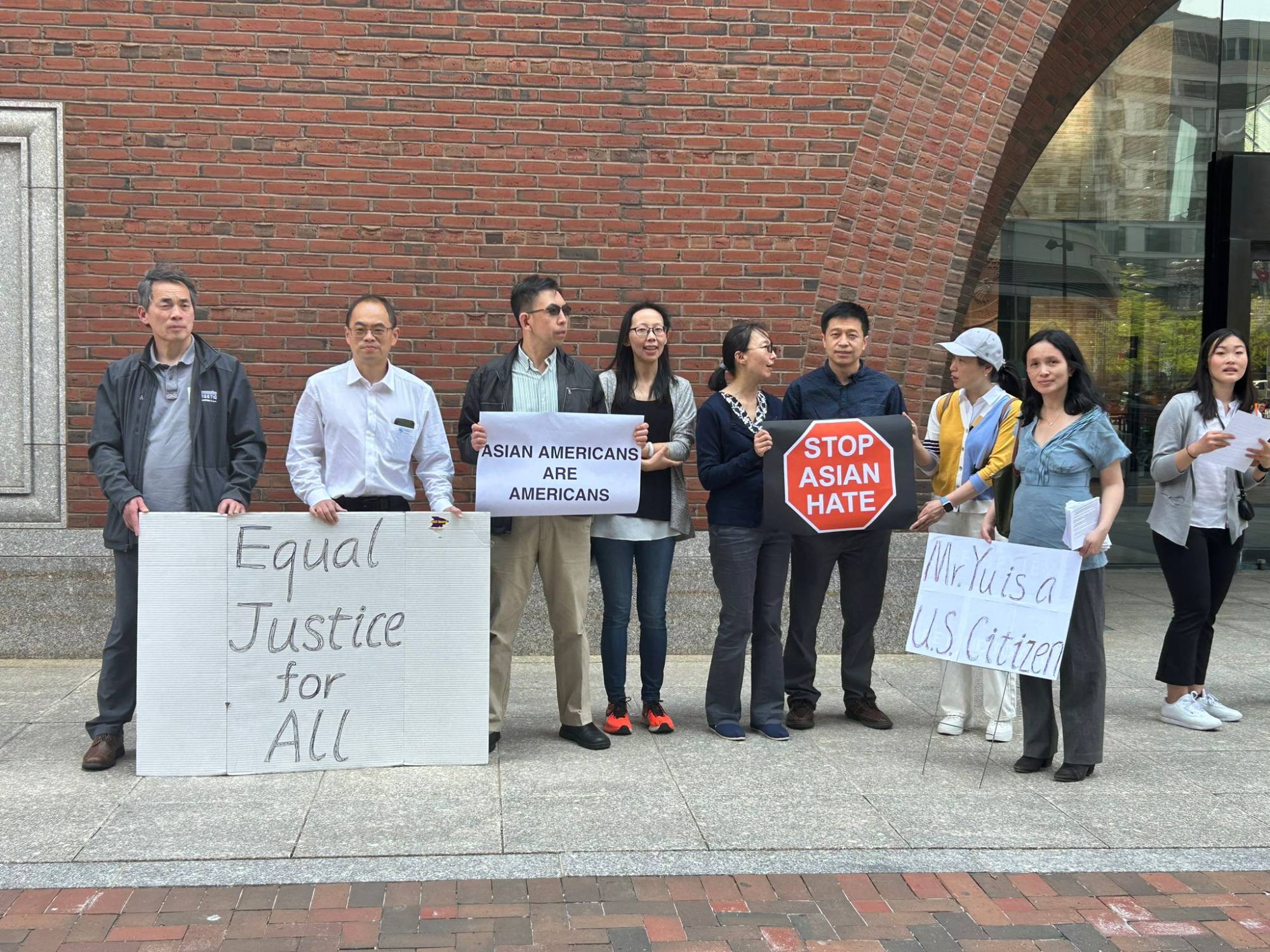
Chinese-American chip designer loses bid to have trade-secret conviction tossed
-
Haoyang Yu of Lexington, Massachusetts, had been acquitted on 20 of 21 industrial espionage counts and argues the last should be tossed
-
But Federal District Judge William Young dismisses Yu’s motion, which claimed that he had been unfairly singled out because of his ethnicity
Haoyang Yu, a 44-year-old Chinese-American semiconductor designer, has spent five nights in prison, 15 months wearing surveillance anklets and four years fighting to clear his name since the US Department of Justice labelled him an industrial spy in 2018.
In large part he has succeeded. Last June, a federal jury acquitted Yu, of Lexington, Massachusetts, of 20 counts ranging from possession of stolen trade secrets, wire fraud, immigration fraud, and illegal export of controlled technology, saying prosecutors had failed to make their case. And a wire fraud charge against his wife, Yanzhi Chen, was dropped.
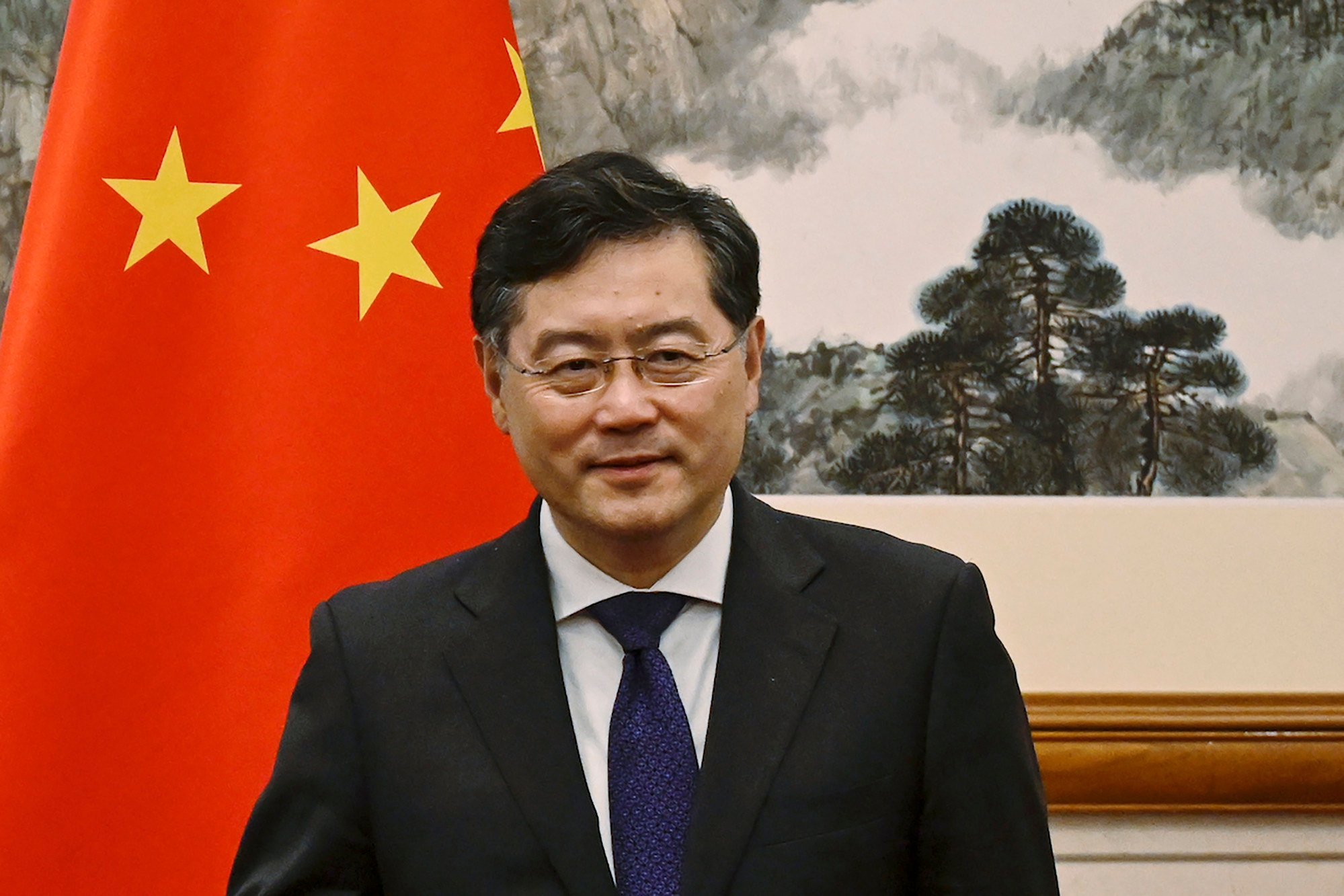
China’s top diplomat offers reassuring words to US business leaders
-
At meeting in Beijing, Qin said China will continue to provide a better business environment for foreign companies, including US firms
-
He called on Washington to stop trying to ‘contain’ China
China remains committed to a “healthy, stable and constructive” relationship with the US amid still “chilly” bilateral ties, Chinese Foreign Minister Qin Gang told visiting American business leaders on Saturday.
At a meeting with US trade organisations and business representatives in Beijing, Qin assured his audience that China will continue to build a better business environment for foreign companies from all countries, including the US, and to welcome the expansion of investments in China.

Australian expat accused of spying for China is no ‘James Bond’, was ‘working innocently’: lawyer
-
Alexander Csergo, accused of ‘reckless foreign interference’, is being held in a top-security jail cell in Australia
-
His case is a ‘show trial’, his lawyer says, which reflects ‘an absolute hypocrisy in our approach to doing business with China’
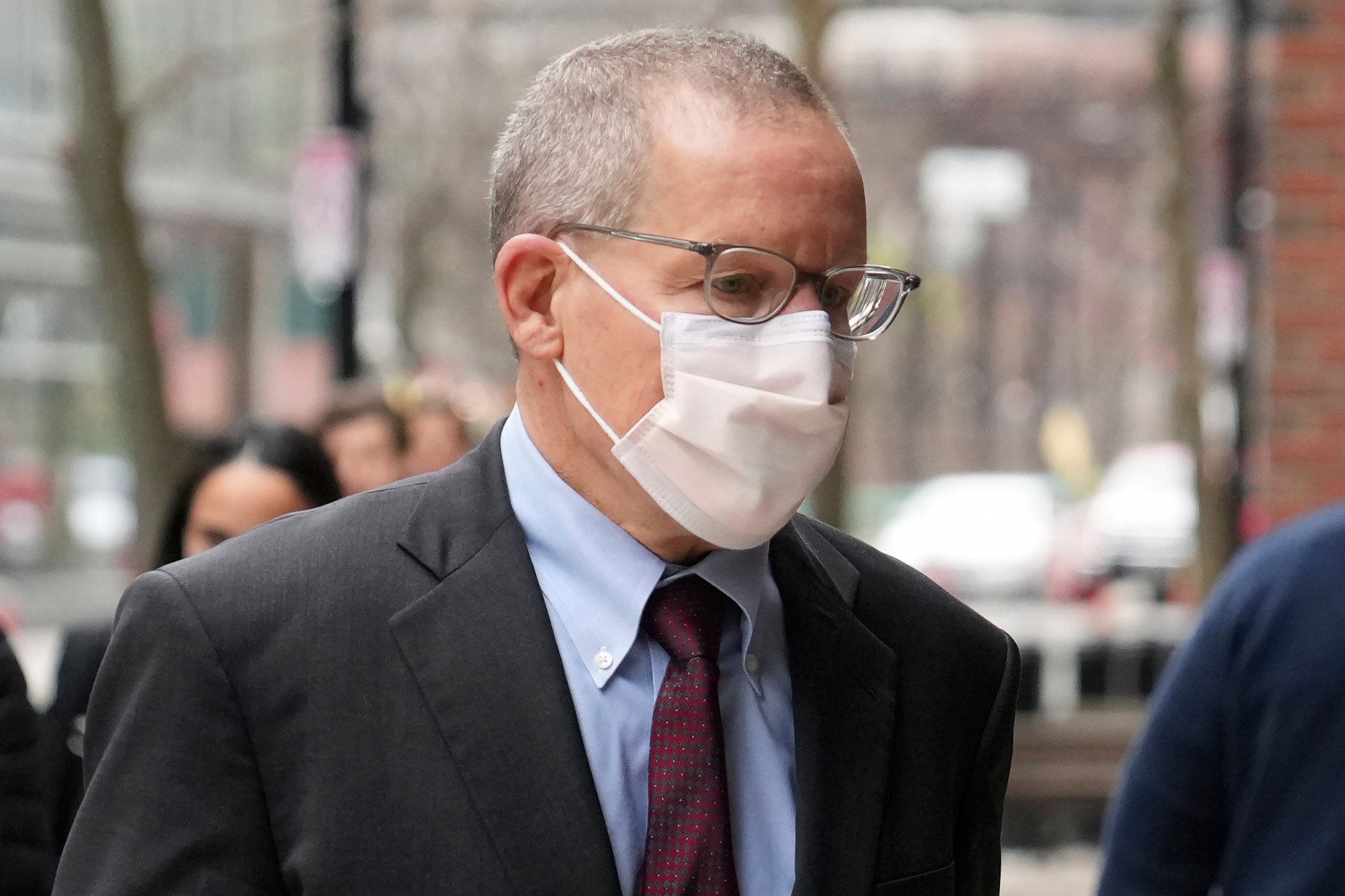
Ex-Harvard professor avoids jail for lying about China work, gets house arrest
-
The retired academic has an incurable form of cancer, making him a ‘sitting duck for disease’ if he is incarcerated, his lawyer says
-
Lieber had lied to US authorities about his role in China’s Thousand Talents Programme and his affiliation with a university in Wuhan
Former Harvard University chemist and department head Charles Lieber was sentenced on Wednesday to six months of house arrest for lying to US authorities about his role in the Thousand Talents Programme, one of a number of Chinese projects to recruit scientists and bolster research.
US District Judge Rya Zobel sentenced Lieber in Boston, where in December 2021 a jury convicted him in a case that stemmed from a former US Justice Department programme known as the China Initiative.
Global Impact is a fortnightly curated newsletter featuring a news topic originating in China with a significant macro impact for our newsreaders around the world.


